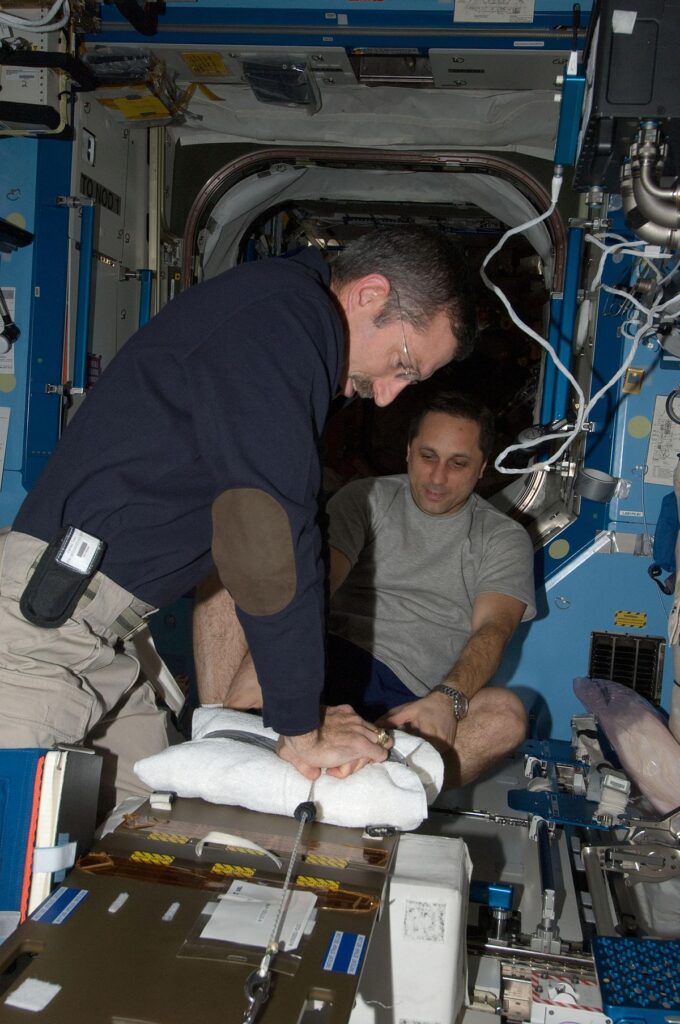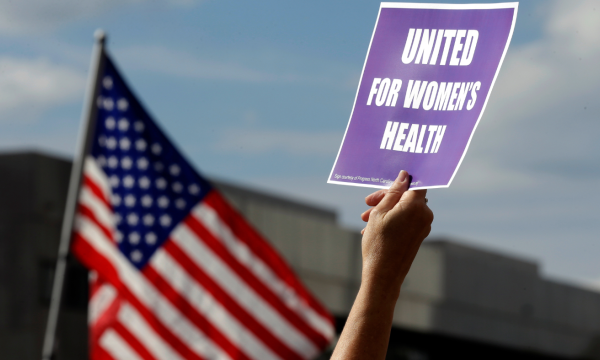Most people misunderstand the nature of ethical dilemmas. Ethics is not usually about weighing a right against a wrong, despite what we are often taught; ethical dilemmas arise when we have two or more values we want to honor, but it is not possible to honor them both equally. Should we honor individual liberty more, or collective good? Honesty, or not hurting someone’s feelings? Protecting people or letting them do things that are self-destructive? Loyalty to a friend or revealing their potentially harmful secret?

New situations challenge us with new ethical questions. In my years at the Senior Bioethicist for NASA, ethical questions arose often. How do we balance protecting the lives and health of astronauts versus their willingness to do dangerous things for space exploration? What is the correct balance between astronaut confidentiality and the need to protect the safety of the rest of the crew? What medical procedures are appropriate to maximize an astronaut’s safety in space – a prophylactic appendectomy, for example? What kinds of information do we give an astronaut on an orbiting space platform about bad things happening on earth – an epidemic starting, a spouse lost a job, a parent is diagnosed with cancer?
At NASA and other national space agencies, these decisions could be made collectively and centrally. Space travel was a monopoly; if you wanted to travel in space, you had to be an astronaut (or cosmonaut…), and so you had to adhere to your space agency’s decisions about issues of health and safety. Now, in commercial space travel, that is no longer true. There are no collective ethical decision-making bodies, and no consensus on what the right ethical principles are for commercial space travel. And space travelers are no longer bound by a single collective identity – they can include employees of the space companies, space tourists, commercial space travelers, scientific and medical researchers, government representatives, and many others.
The new space reality requires rethinking and refining our ethical postures towards space travel. I am delighted to be part of SolaMed, and so be able to help think through and establish the new ethical standards that will take humanity into this new era of space exploration.





